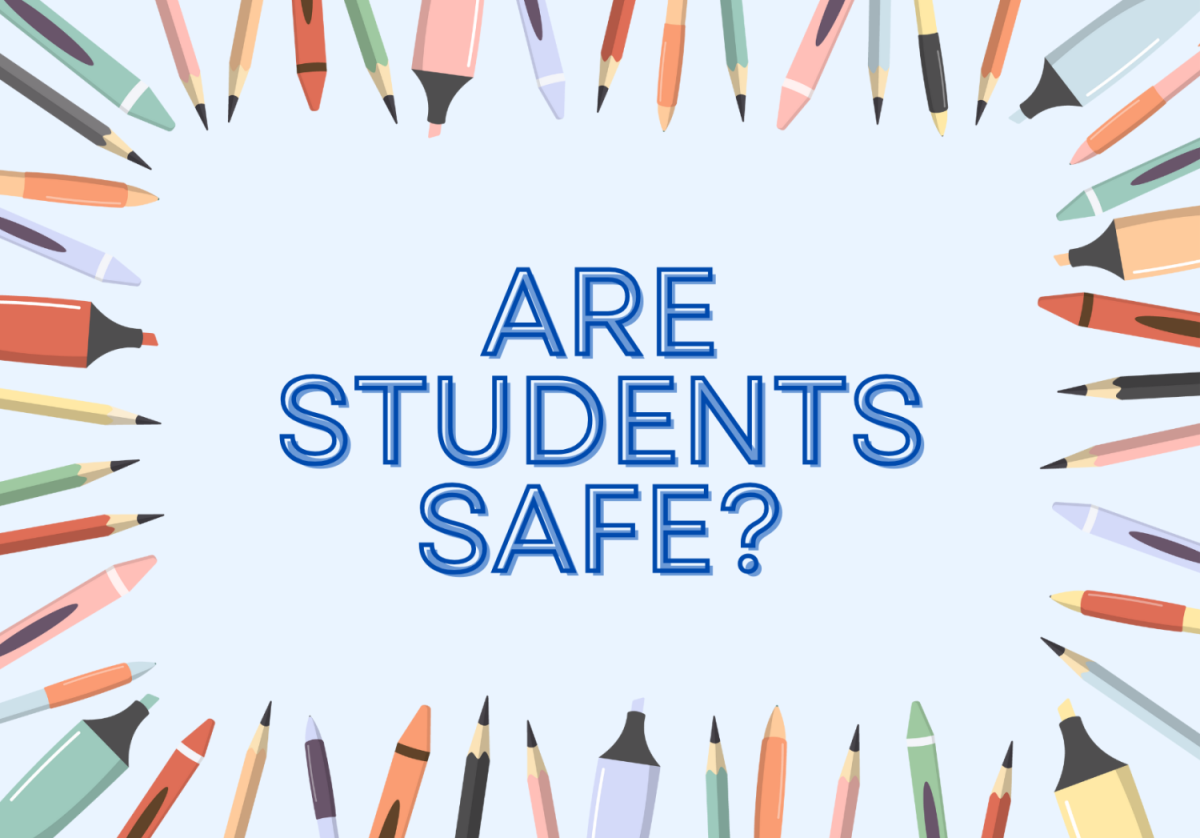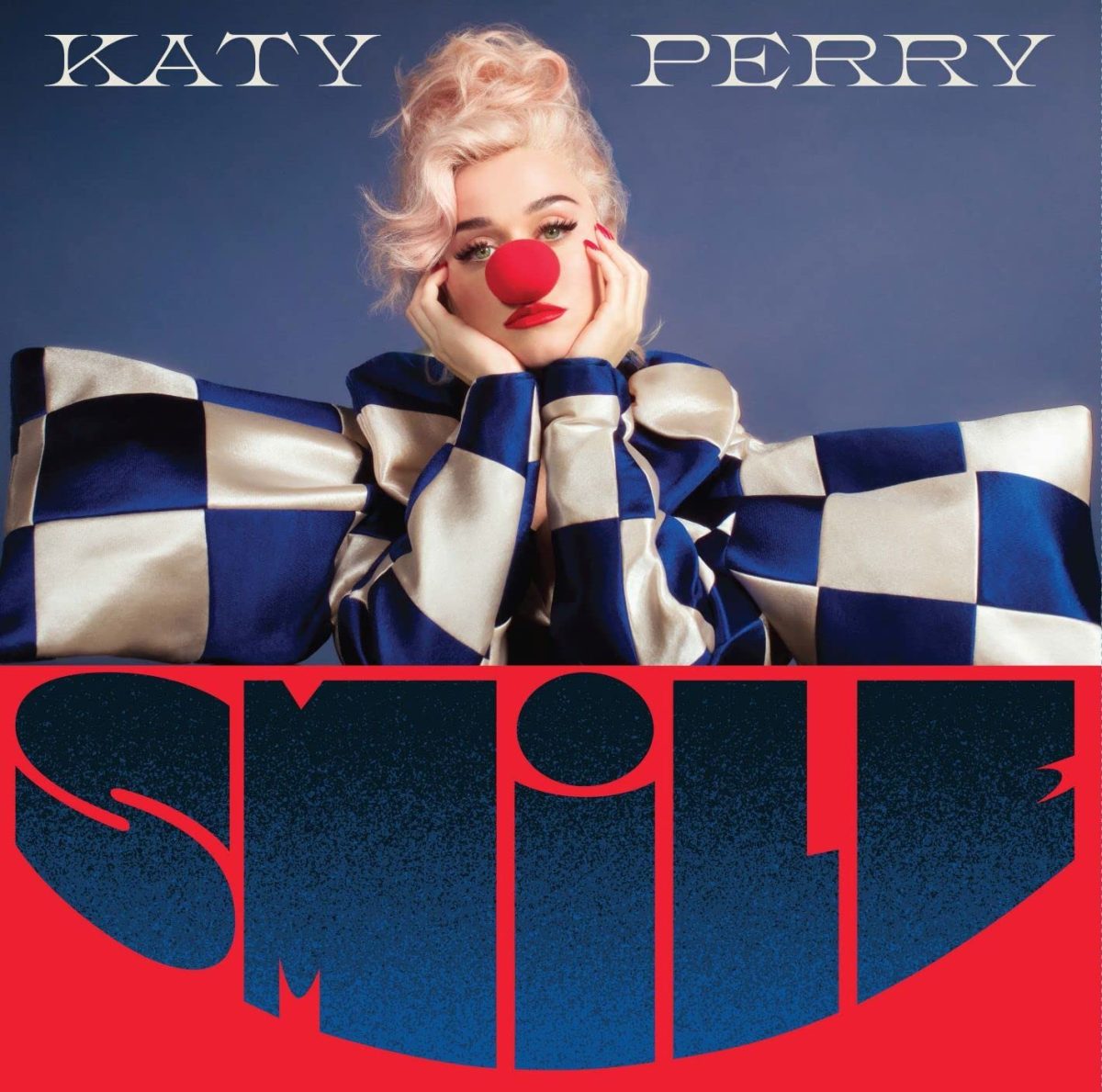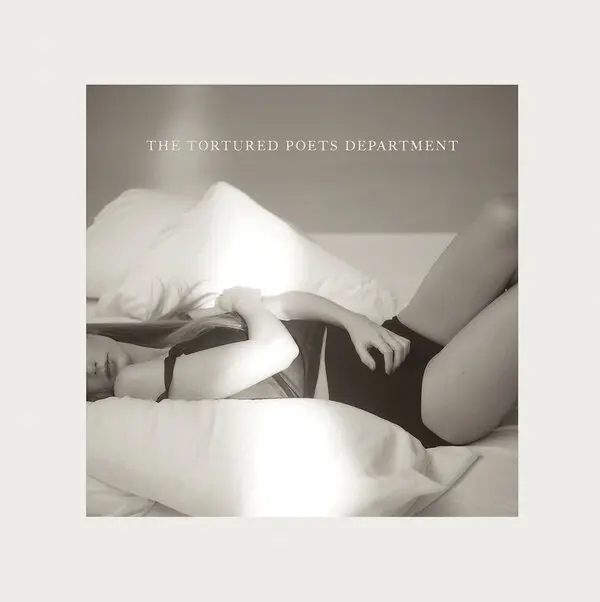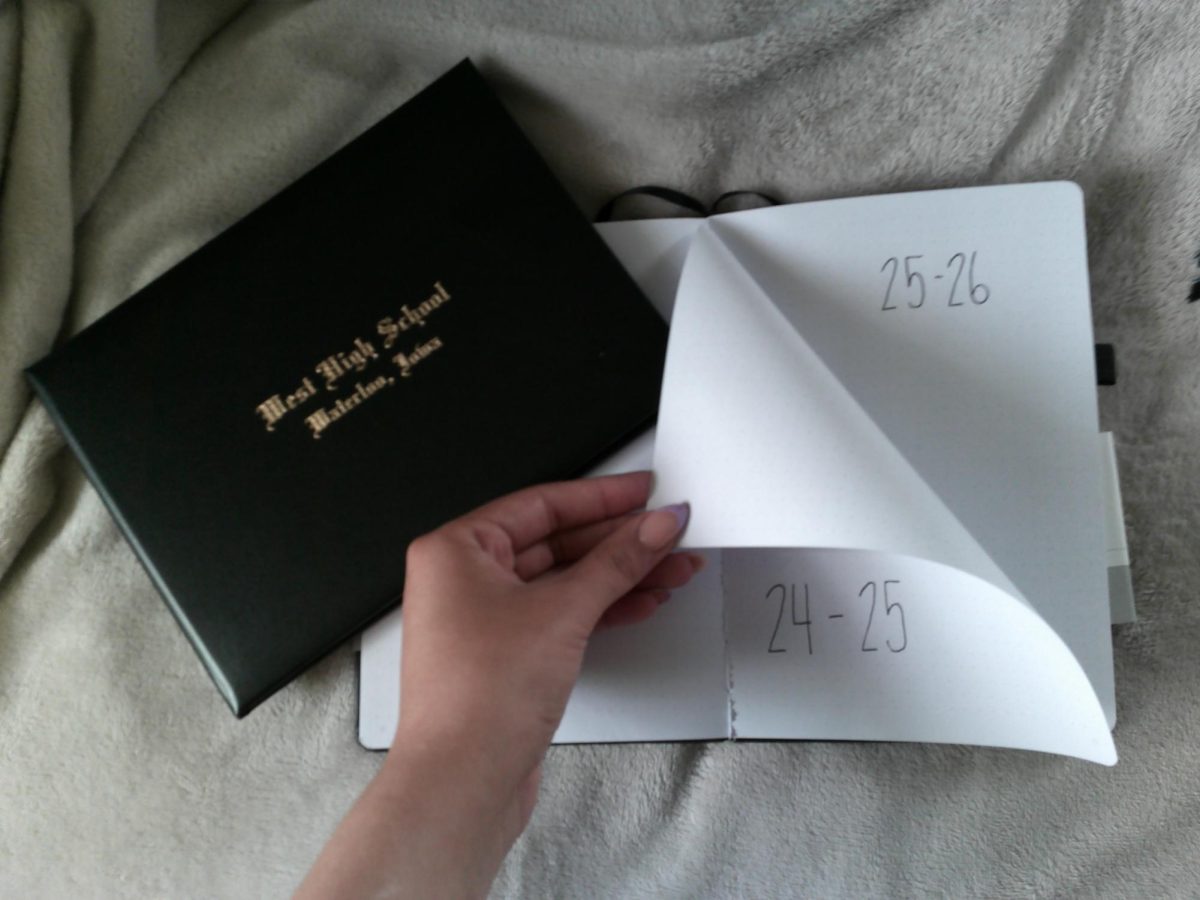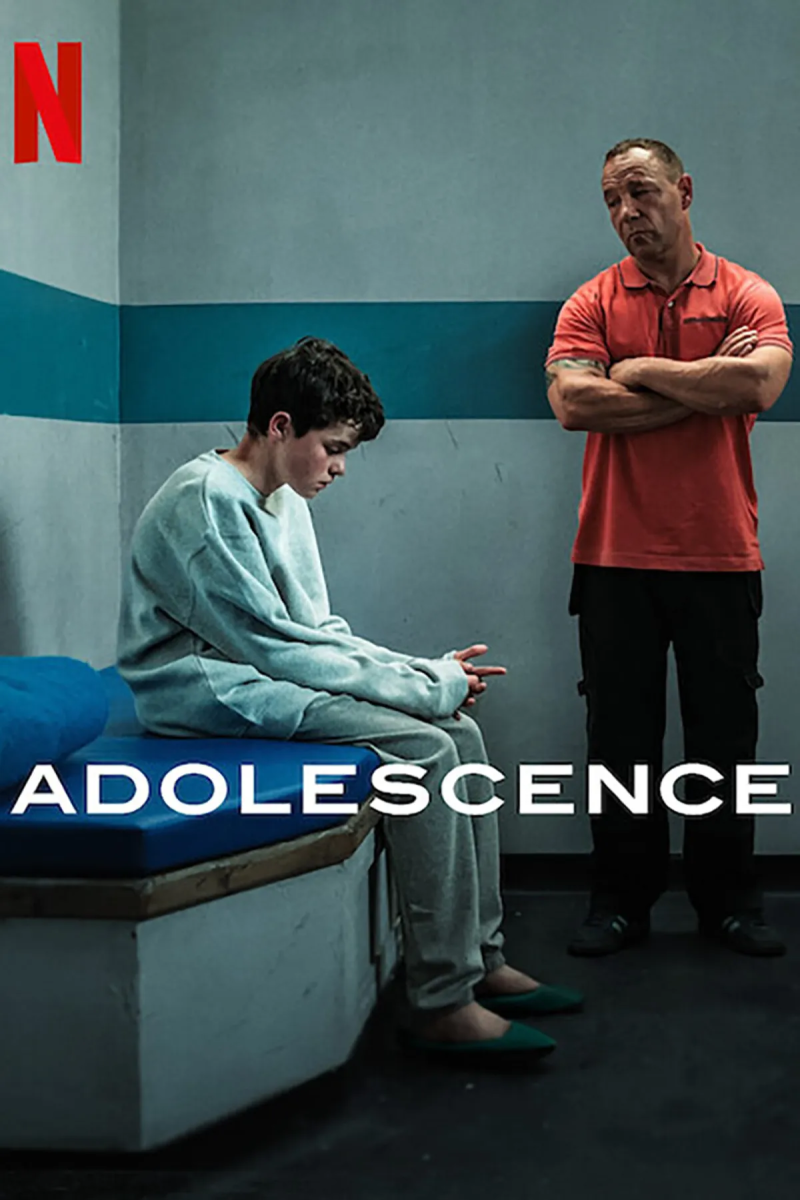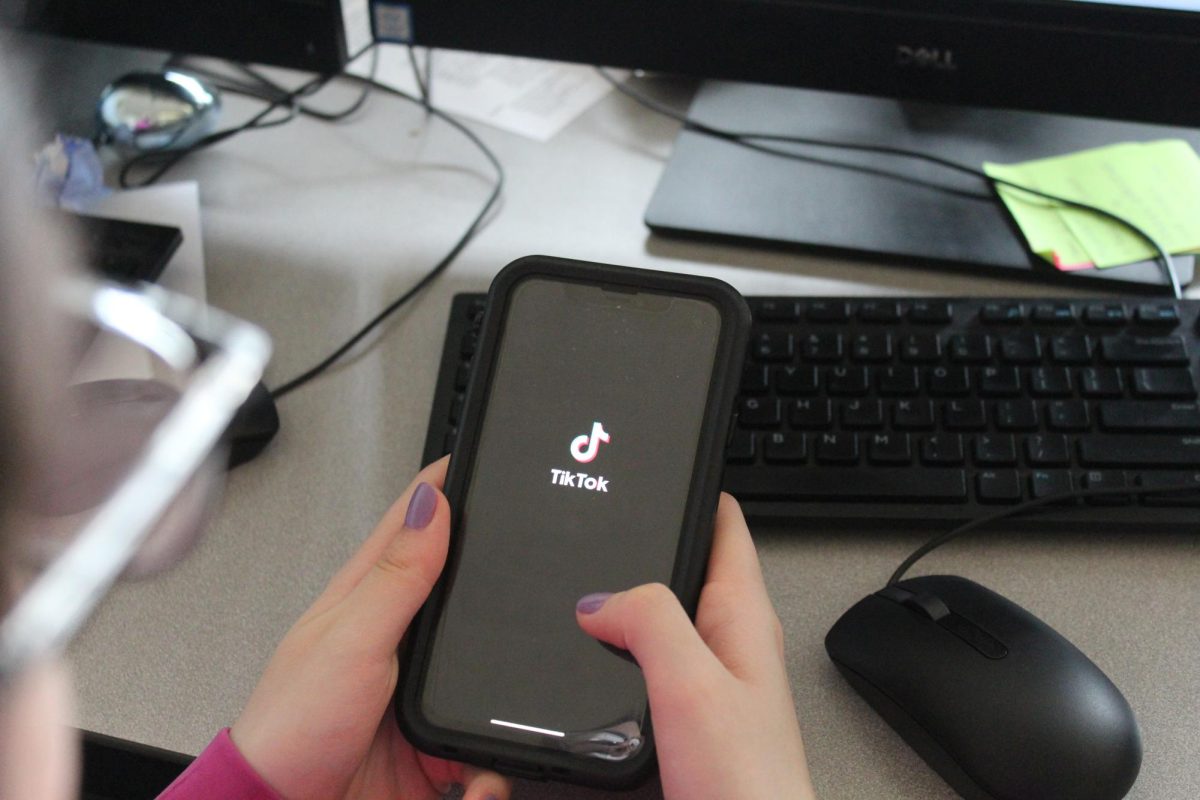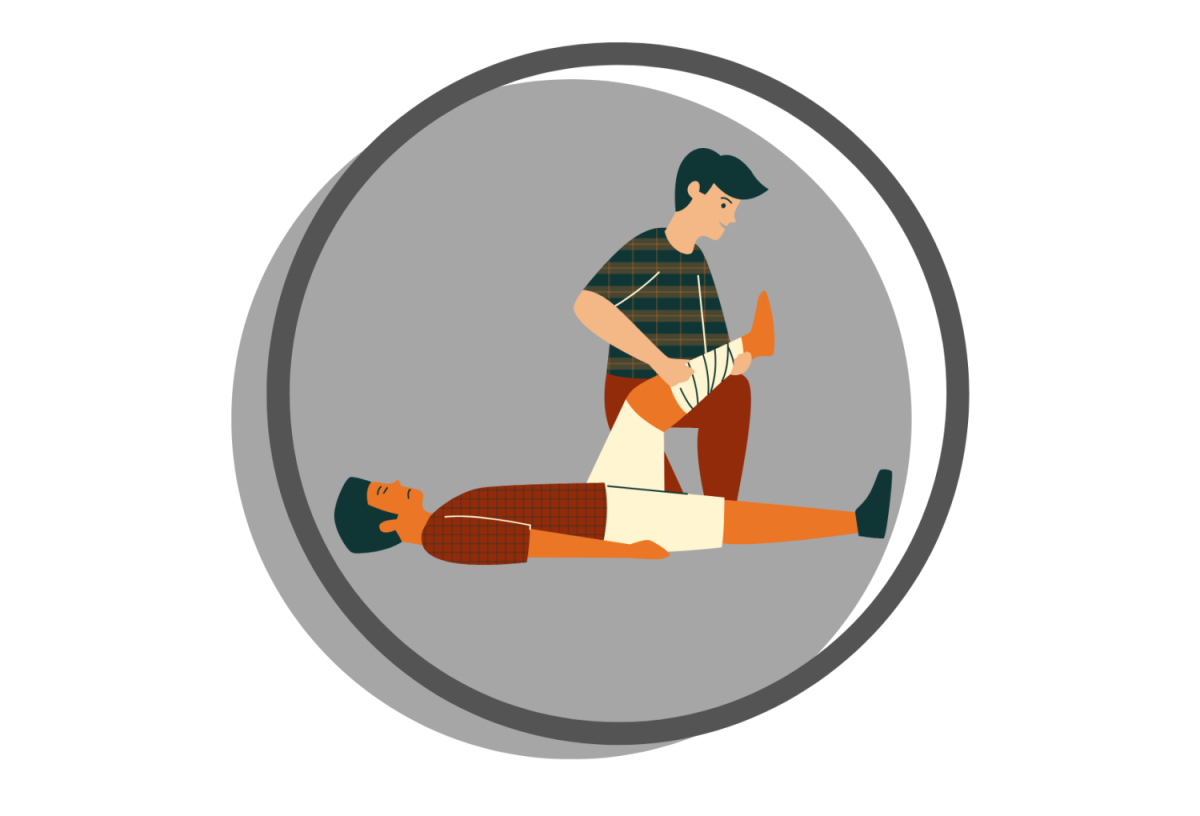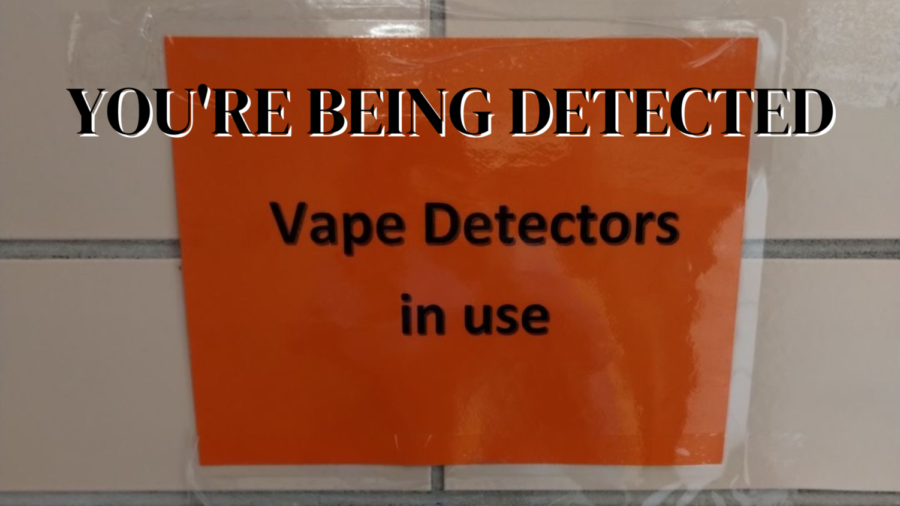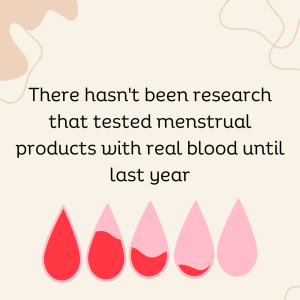You’re Being Detected
Signs warning students of the recently installed vape detectors have been hanging in the restrooms since students returned from Spring Break in March.
May 15, 2023
Over Spring Break, vape detectors were installed into each bathroom at West High due to a district implementation. “Due to the increasing number of people who are vaping, the district decided to put in the vape detectors for the health and safety of our students,” says Assistant Principal, Allison Hildman.
Hildman also goes into detail about the dangers of vape pens, discussing how the long term effects of vape usage are still unknown. As well as the fact that these devices are still illegal for anyone under the age of 21 to have.
As of Friday, May 5, over sixty students had been caught by the vape detectors. According to Hildman, when students are caught with vape pens, there are a range of disciplinary actions that follow including “a good conduct violation, a major referral, and either an in school or out of school suspension depending on multiple factors,” she says. Within the good conduct violation, students become ineligible from any extracurricular activities when found in possession of vape pens.
Senior Ava Bertram had different opinions of the vape detectors when she heard of the installments, as well as the punishments that could follow. Though she understands the need for the vape detectors, she worries the punishments are too cruel to implement. “I’ve heard that kids get sent to different schools, or even expelled/suspended. I don’t think that any of these punishments should be used on a first offense,” Bertram shares. Hildman rebuttals this statement by noting, “Some of the varying factors depend on the type of vape that the student has on them. Some of the vapes are nicotine and others have THC oil in them. If students have the THC vapes they are recommended for alternate placement for the remainder of the year.”
Bertram goes on to share how she believes this is negatively impacting the students of West High, “Students in school need a place where they feel as though they can thrive, and I don’t think the severe punishments that the school is enforcing are going to help that.” Bertram notes that schools should push students to flourish, and that these detectors are not doing so, “I saw a video the other day that used a comparison between youth and plants, looking at how they develop. The gist of it was, if I had a plant and it was dying I wouldn’t blame the plant, I would check its environment to ensure it was getting what it needs to grow,” she shares.
Hildman notes that these detectors do more than just notify the administration when a vape is detected in the bathrooms, “The detectors detect more than just vapor, they inform us if there is a situation in the restroom where noise levels are high, if the detectors have been tampered with and what type of vapor is in the air.”
Bertram continued on to share how she believes West could use other routes of discipline for their students. “I think West High has the resources to create a different system for students to help them, rather than enforcing the punishments they are currently using,” she says. Bertram follows this statement up with how she believes this impact will affect student-educator relationships. “The school is creating a space where their students will start to resent the administration for implanting these rules. I understand that there is a problem and there needs to be a solution, but this seems extreme.”
Bertram agrees that underage vaping is an issue, and we should be taking proactive steps to aid this problem. She shares her opinion on positive reactions to the situation. “But why send them away instead of trying to help them? I know working in the public school system is extremely difficult, and the administration as well as all of the teachers have my sympathy because it is extremely hard to do this job. But I think we need to change the way this vape detector system is functioning in our school and really look at if this is improving or hurting our students,” she shares.




